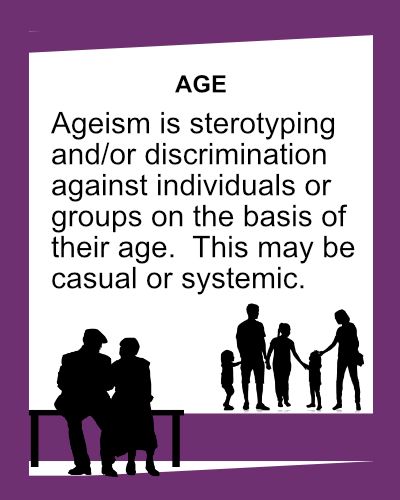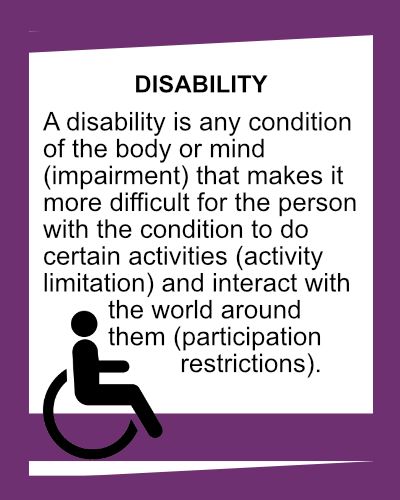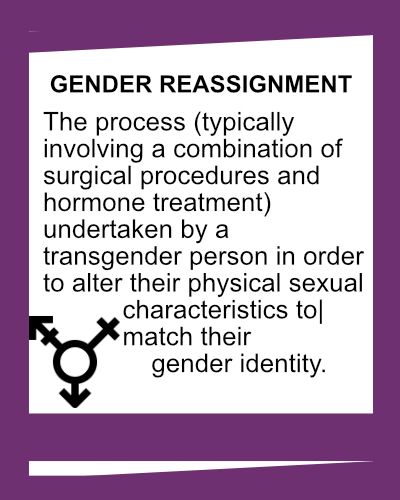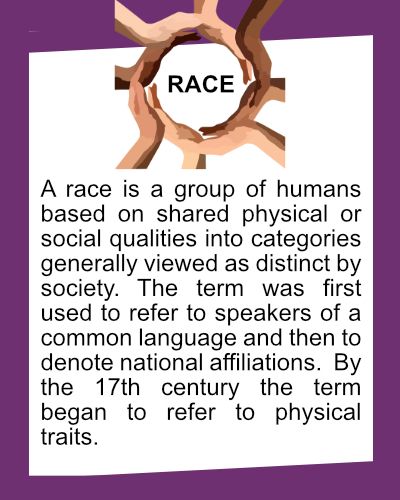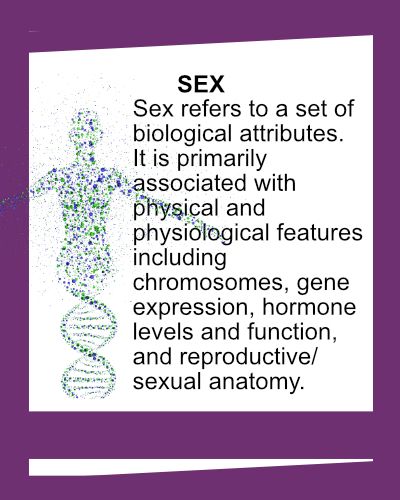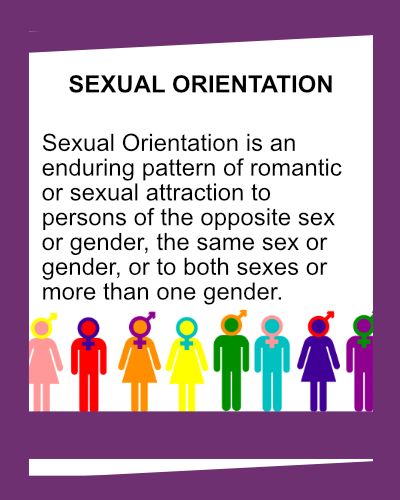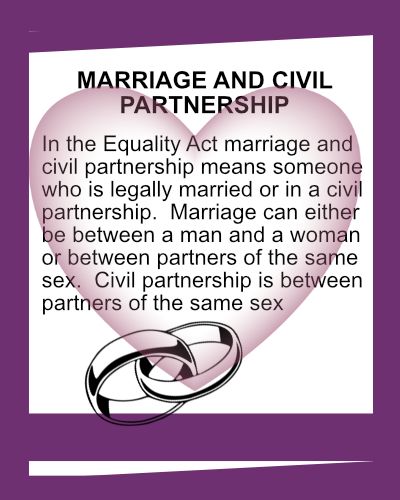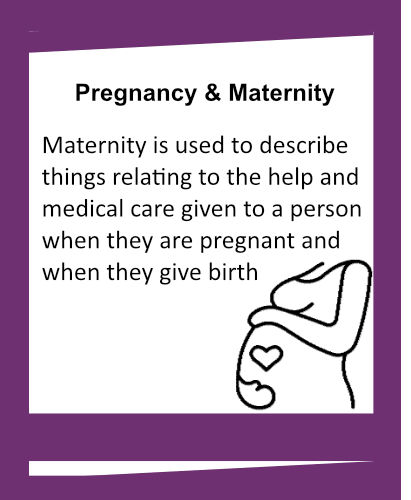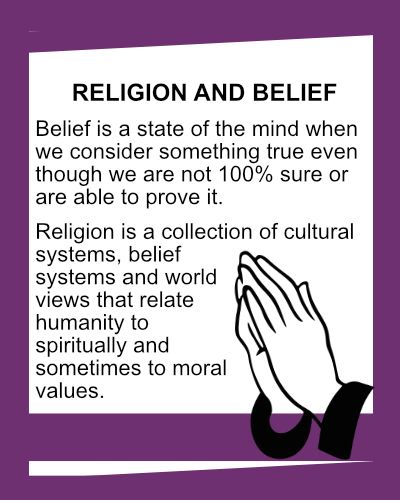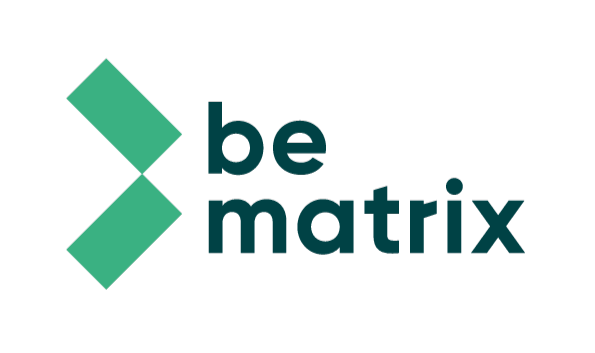INTRODUCTION
Welcome to the Cross Association’s Diversity and Inclusion Hub, a pool of resources from articles to podcasts that have been recommended by AEO, AEV, and ESSA members.
The hub is an ongoing working project, with content being updated whenever new resources are submitted. Our hope is to receive enough varied content to cover all of the UK’s 9 protected characteristics within the Equality Act 2010.
Discrimination means treating you unfairly because of who you are. The Equality Act 2010 protects you from discrimination by:
- Employers
- Businesses and organisations which provide goods or services like banks, shops and utility companies
- Health and care providers like hospitals and care homes
- Someone you rent or buy a property from like housing associations and estate agents
- Schools, colleges and other education providers
- Transport services like buses, trains and taxis
- Public bodies like government departments and local authorities.
NINE PROTECTED CHARACTERISTICS
There are nine protected characteristics in the Equality Act. Discrimination which happens because of one or more of these characteristics is unlawful under the Act.
- Age
- Disability
- Gender Reassignment
- Marriage and civil partnership
- Pregnancy and maternity
- Race
- Religion or belief
- Sex
- Sexual orientation
To learn more about what the nine protected characteristics are, and what they mean for you, click the below button
Your rights under the Equality Act 2010
If you’re treated unfairly because someone thinks you belong to a group of people with protected characteristics, this is also unlawful discrimination.
Resources
Click on the Graphics to Reveal the Resources
Other considerations
Menopause is the time of life after a woman's, trans or non-binary person's last period, leaving a hormone deficiency. The years leading up to that point are called the menopausal transition or perimenopause. During this phase, many have changes in their monthly cycles, hot flushes, brain fog or other symptoms.
Neurodiversity;
Neurodiversity is a term used to describe differences in the way people’s brains work: "neuro" referring to the brain and "diversity" to difference. This means there is a wide variety of ways that people perceive and respond to the world. Neurological conditions include austism and ADHD, in addition to learning disorders such as dyslexia and dyscalculia.
Employee resource groups (ERGs) can play an important role in your strategy to support
underrepresented people within your organisation, creating an avenue for allies to join this journey
and use their privilege for good.
Did you know that one in five adults in the UK is Deaf, has hearing loss, or experiences tinnitus?
Damaris Cooke from Sorenson shares insights on what organisers, venues, and suppliers can do to make events more accessible and enhance the event experience for the Deaf community.
Cross Association Pillars
To support members on a D&I journey the Cross Association Diversity & Inclusion Working Group has created the Diversity Inclusion Pillars.
